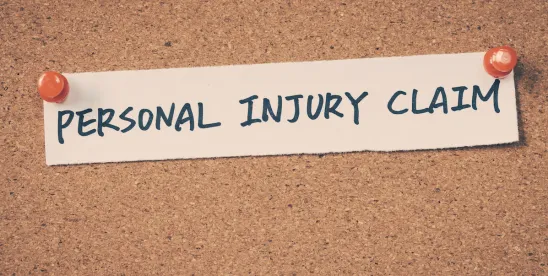Stress is an inevitable part of life. From work deadlines to family responsibilities, we all experience stressors that can impact our physical and mental well-being. But, stress can play a significant role in personal injuries as well. This post will discuss the relationship between stress, health, and the risk of personal injury, and how understanding this can help us lead safer lives.
The Impact of Stress on Health
Chronic stress can lead to serious health issues, including:
- Cardiovascular Problems: High blood pressure and heart disease can result from long-term stress.
- Muscle Tension: Stress often causes muscle tension, which can lead to pain and injury, particularly in the back and neck.
- Mental Health Disorders: Anxiety and depression can develop or worsen with chronic stress.
Stress and Personal Injury
When we’re stressed, our focus and judgment can suffer. This lack of concentration can increase the likelihood of accidents, whether at work, home, or on the road. Below are some ways stress contributes to personal injury:
1. Less Focus
Stress can make it difficult to concentrate and lead to mistakes, such as miscalculating a step while walking or not noticing important safety signs at work.
2. Impaired Decision-Making
Under stress, our decision-making abilities can become compromised. We may take unnecessary risks, such as driving aggressively or ignoring safety protocols.
3. Physical Symptoms
Chronic stress can be displayed as fatigue, headaches, or dizziness, all of which can affect our physical capabilities. For example, an exhausted driver is more likely to be involved in an accident.
4. Neglecting Self-Care
When stressed, people often fail to look after their health and wellness routines. Skipping meals, avoiding exercise, or not getting enough sleep can weaken our bodies and make us more susceptible to injury.
Managing Stress
Here are some key tips for managing stress effectively:
1. Practice Mindfulness
Mindfulness techniques, like meditation or deep-breathing exercises, can help you stay grounded and focused, reducing the impact of stress on your daily life.
2. Stay Active
Aim for at least 30 minutes of exercise most days to boost your mood and improve your overall health.
3. Get Enough Rest
Aim for 7-9 hours of quality sleep each night, to give your body and mind the time they need to recover from daily stressors.
4. Build a Support Network
Reach out to friends and family who can provide emotional support.
Conclusion
Understanding the connection between stress, health, and personal injury is essential for leading a safe and healthy life. By managing stress effectively, you not only strengthen your well-being but also reduce your risk of accidents and injuries. Prioritize your health, and take the necessary steps to stay safe in your daily routine.




 />i
/>i
